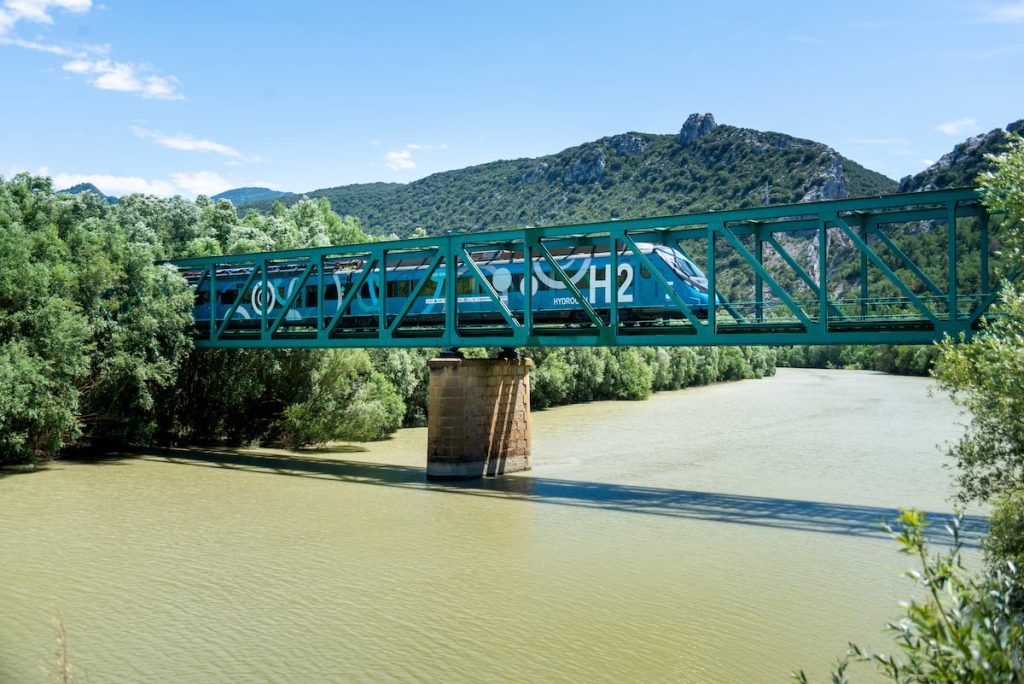CAF, a Spanish rail company, saw a significant improvement in sales and profit in the past year, with sales reaching 3.825 billion euros and profit reaching 89 million euros, increases of 21% and 71% respectively from the previous year. These improvements are expected to continue throughout this year, following challenges with inflation and supply chain issues affecting delivery of their products, which include commuter trains, trams, and low-emission buses. The company is currently halfway through its 2023-2026 strategic plan, aiming for a revenue of 4.8 billion euros by 2026, with a significant portion coming from their clean bus division Solaris.
A recent hostile takeover bid for Spanish rail company Talgo by Hungarian group Magyar Vagon has put pressure on the Spanish government to defend the Spanish identity of Talgo. CAF has been suggested as a potential industrial partner to maintain the status quo of Talgo, with Criteria, an investment arm of La Caixa, possibly playing a role as a financial partner. However, CAF has not commented on any potential involvement in a counteroffer for Talgo, instead focusing on achieving its strategic goals, which include increasing operating profit to 300 million euros by 2026. Analysts are divided on whether CAF would be interested in acquiring Talgo, with some citing potential challenges in justifying the acquisition to shareholders.
While some analysts believe a merger between CAF and Talgo could be feasible due to the complementary nature of their businesses, others remain skeptical of the potential benefits for CAF. CAF’s focus on commuter trains and Talgo’s specialization in long-distance trains may create challenges in merging the two companies. Financial considerations also play a role, with CAF’s current debt standing at 258 million euros, and the estimated cost of an acquisition of Talgo being around 1.2 billion euros. Analysts are closely monitoring the situation and the potential impact on CAF’s financial position and performance in the future.
CAF’s strong presence in the rail industry, with manufacturing plants in multiple countries and a workforce of 15,500 employees worldwide, has positioned the company as a key player in the market. Their strategic plan includes significant investments, with plans to expand their clean bus division into the US market. The company’s current debt level, which is relatively low compared to its earnings, is expected to increase in the coming years as they pursue growth opportunities and potential acquisitions. Analysts are confident in CAF’s ability to deliver on their strategic objectives and maintain strong financial performance.
In line with their commitment to clean energy in transportation, CAF has participated in the FCH2Rail project, which focuses on developing a hydrogen fuel cell-powered bimodal train. The successful completion of trials in Portugal marks a significant milestone for the project, showcasing the potential of hydrogen-powered trains in the future of rail transportation. This project highlights CAF’s dedication to innovation and sustainability in the rail industry, positioning them as a leader in the development of clean energy solutions for transportation. The company’s ongoing efforts to expand their presence in international markets and drive growth in their clean bus division demonstrate their commitment to long-term success and sustainability in the industry.


